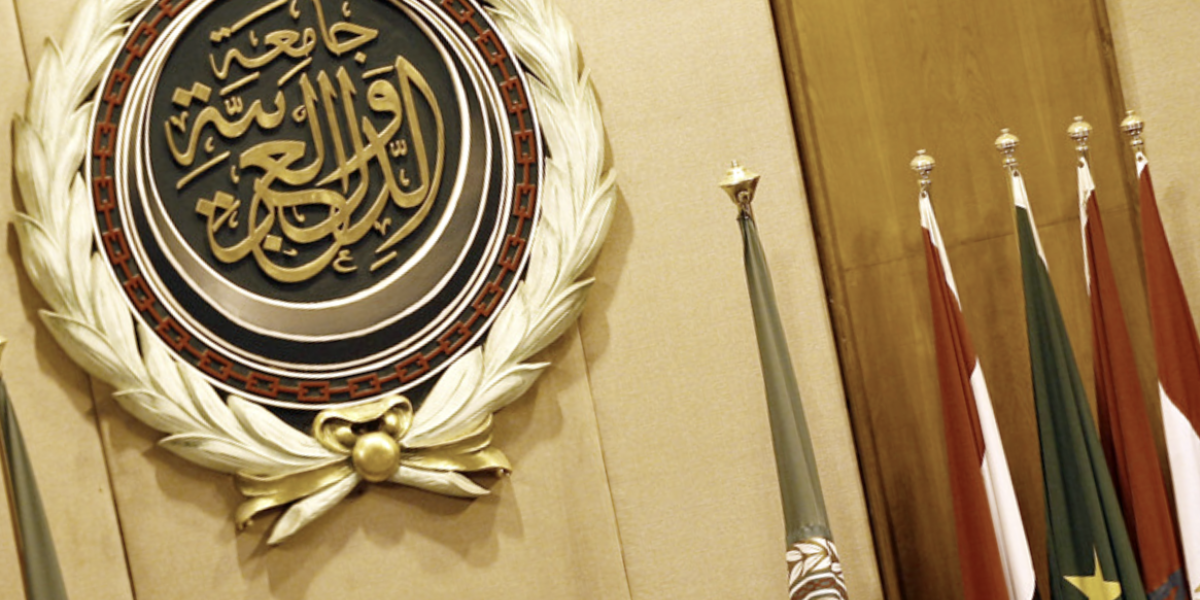The Syrian opposition has failed in many ways. It has struggled to unite itself and express its demands coherently. It has failed to establish a national approach that would persuade skeptics of its ability to govern and/or share power. It has faced challenges in governing the areas it has held, and has failed in both military and political battles against the regime.
Furthermore, the Syrian opposition has been unsuccessful in countering radical Islamic movements and has even participated in communitarian violence, leading to the harm and death of innocent civilians. These facts are undeniable and acknowledged by most Syrians who oppose the Assad regime. Nevertheless, it is absurd for Arab governments to use these same accusations when justifying the normalization of relations with Bashar al-Assad’s regime. Such an attitude reveals a willful disregard for the past and a complete lack of conscience.
The reality is that fellow Arab nations, along with Turkey, have played the biggest part in manufacturing the leadership of the Syrian opposition and its various factions. They interfered with the dynamics of the opposition’s work, representation, financing, and arming, tearing it apart and fragmenting it until it became most disorganized and dependent. Arab «friends of the Syrian people» made sure that Syrian opposition leaders who refused to submit to their control were marginalized and given the least support. The situation escalated to the point where battles broke out between different factions simply due to disagreements between two Gulf states or at the behest of one of «our Arab brothers», who also had the final say in deciding who owns the weapons, where they are sent, and in which battles they should be used.
The actions of fellow Arab nations have compelled the majority of prominent Syrian opposition figures, who have long fought against the Assad regime and who had legitimacy among various segments of Syrian society, to desert formal opposition bodies. From the outset of the Syrian revolution, Arab governments have tried to bribe or remove any opposition that did not conform to their plans and objectives, with the goal of maintaining their grip on the Syrian political and military landscape.
So now we are told that given the opposition’s failure, and after twelve years of violent conflict, Arab governments are weary and they have chosen to disregard the atrocities perpetrated by the Syrian regime against its own people, which they now describe as mere «mistakes» that can be rectified. Arab governments believe that by taking this stance, Syria can restore its «status» and «active Arab role».
It is astonishing that the use of chemical weapons against defenseless civilians, the torture and disappearance of tens of thousands of people, the destruction of entire cities, and the targeting of civilians with barrel bombs and thermobaric weapons, as well as the release of dozens of brutal salafist criminal groups, can all be deemed as «mistakes».
If the actions of the Syrian regime are deemed nothing more than «mistakes» by our fellow Arab «brothers», surely then the failures of the Syrian opposition are simple imperfect setbacks, caused in no small part by those who now bestow upon the Syrian regime its Arab legitimacy.
The Assad regime has committed unforgivable crimes that cannot be ignored, forgotten, or excused. Any attempt to do so by a state or political group is nothing but a delusion and horrors that will always be etched in Syrian memory.






